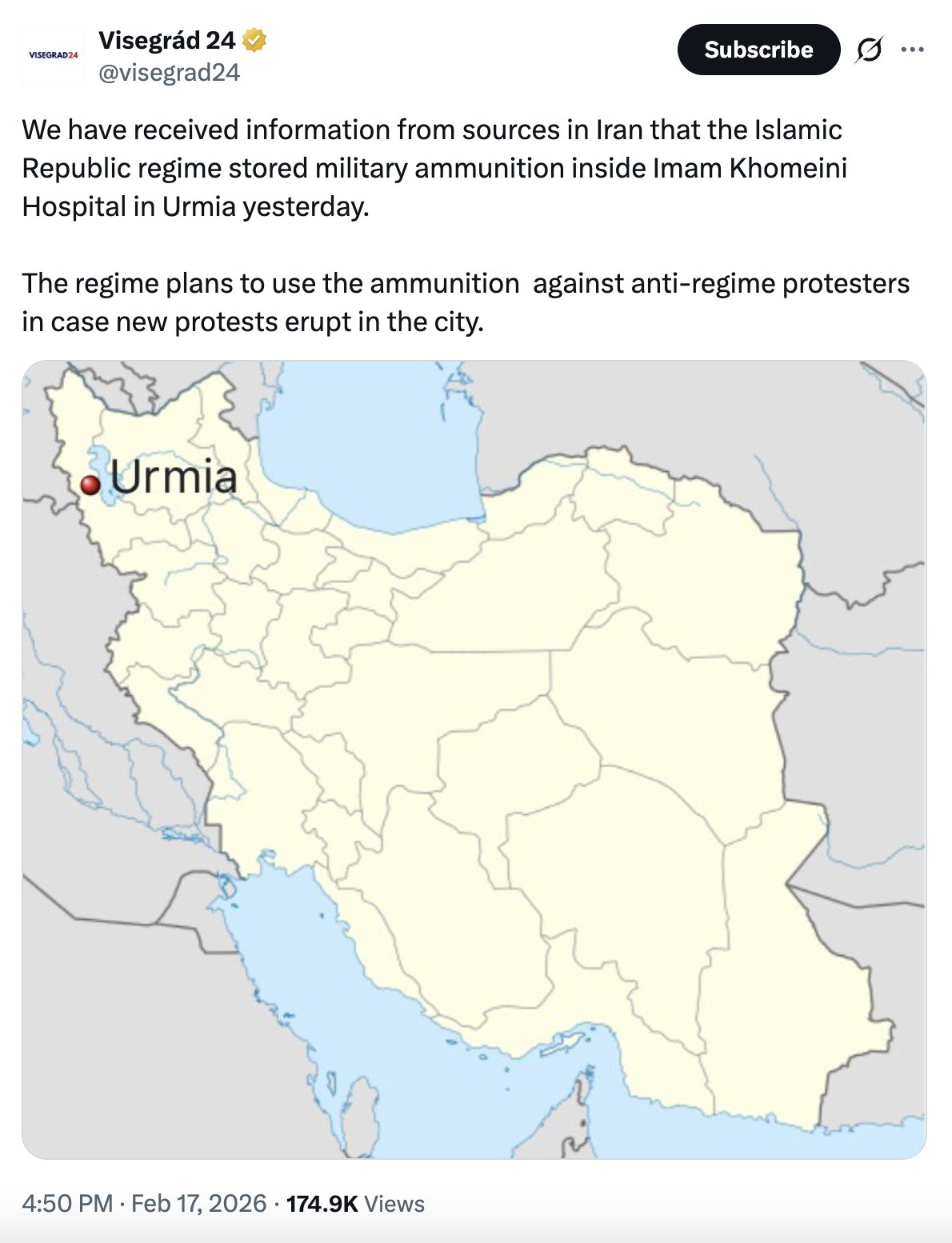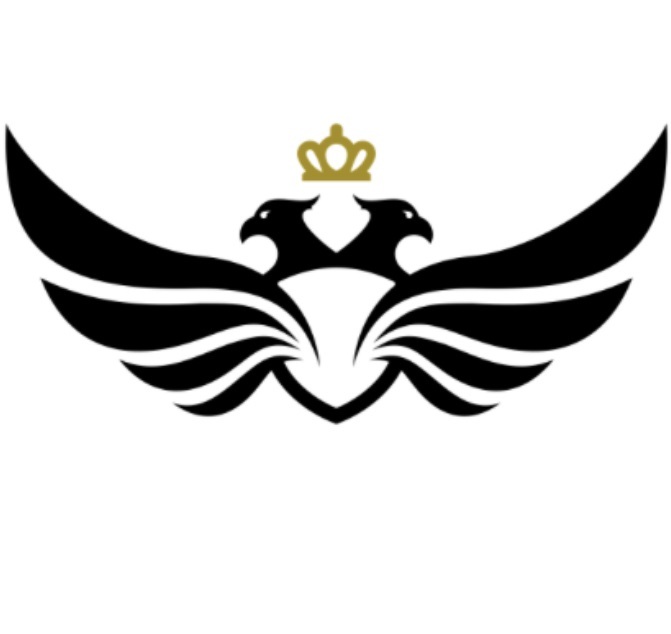WILL RUSSIA LOSE THE PEACE? (Part 1)
By Alexander Mercouris
Recent Russian breakthroughs on the Ukrainian battlefronts, and in particular the encirclement of large numbers of Ukrainian troops in the towns of Kupiansk and Pokrovsk, have now brought the full Russian conquest and liberation of Donbas into sight, bringing closer the end of the war.
Whilst there continues to be speculation about a possible eventual diplomatic outcome, the disastrous failure of the Trump administration’s outreach to Moscow, and the implacable opposition of the Europeans and the Zelensky government to any diplomatic outcome, makes that outcome now extremely unlikely.
In the event that there is no negotiated settlement few now doubt that the result will be a Russian military victory. Apparently this possibility was for the first time conceded in a debate in the British House of Lords, which is a part of the British Parliament.
This outcome may be much closer than is widely realised.
Since the summer of 2022, after Ukraine walked back its initial apparent agreement to the Istanbul settlement, the war has dragged on, becoming a story of sieges and incremental advances over a limited territory. Many people assume that movement on the battlefields will continue slow. US President Trump is said to have thrown away maps of the battlefields Zelensky tried to show to him saying that he was ‘sick of looking’ at maps of the same places.
In reality, the story of the last 2 years, since the defeat of Ukraine’s 2023 summer counteroffensive, is of Russia achieving increasing battlefield dominance, both on the ground and in the air.
On the ground the Russians have now reached Ukraine’s last big fortified line in Donbas and appear about to break through, with the key city of Pokrovsk about to fall.
In the air the Russians have asserted overwhelming dominance, both above the front lines and in Ukraine’s rear, with the latest Russian combined missile and drone strike plunging most of Ukraine into darkness.
By contrast reports from Ukraine speak of an army desperately short of men and equipment, unable to take offensive action, and crippled by heavy losses and mass desertions.
Ukraine’s budget is out of control, with money flows from the West the only thing standing between Ukraine and bankruptcy, and possible hyperinflation. Whilst it is difficult to come across reliable figures, all the indications are that real economic activity is in sharp decline.
Recently in The London Times Roger Boyes, the newspaper’s veteran foreign affairs commentator, who is known to be very well connected in London, doubted that Ukraine could hold out beyond Spring. He may be right.
This reality has inevitably restarted the long debate about what a Russian victory might look like and whether the Russians could win the war but might lose the peace. Articles discussing this topic and raising this possibility have recently appeared by Yves Smith in Naked Capitalism and by English Outsider in Moon of Alabama. Other commentators who think the same thing include to my knowledge Professor John Mearsheimer and the Substack writer known as Aurelien.
I would summarise this view as follows:
Ukraine is a society deeply divided on geographical lines with the Ukrainian speaking west of Ukraine, in contrast to the predominantly Russian speaking east of Ukraine, strongly nationalistic and fiercely hostile to Russia. Occupation of western Ukraine would therefore place the Russians in control of a population bitterly hostile to themselves, and risking a likely insurgency. The US and NATO will refuse to recognise, and will continue to be, implacably hostile to Russian and to any Russian occupation of any part of Ukraine, whether in the east or west, including Crimea.
The Russians in the event of victory would therefore find themselves facing a trap, with no easy answers.
If they were to hold back from occupying Ukrainian speaking western Ukraine, this territory would quickly fall under the control of a nationalist government hostile to Russia, and would align itself with the West. In time it would probably join NATO and and would agree to host NATO troops on its territory. Very probably these would deploy long range missiles, which would have Moscow within their reach. Given that these missiles are likely in time to be hypersonic, this would drastically reduce reaction times.
In that case Russia would have fought a long and difficult war only to find that all it had achieved was to hold NATO back by a few hundred kilometres but still leaving itself in a dangerous strategic position, with NATO significantly closer to Moscow and positioned on the territory of a permanently hostile neighbour which, with NATO’s backing, would almost certainly refuse to recognise Russia’s territorial acquisitions in eastern Ukraine, and therefore Russia’s new western borders.
If the the Russians, in order to prevent this eventuality, were to occupy nationalist Ukrainian speaking western Ukraine, they would however risk the insurgency I mentioned earlier, with the high probability that NATO would support it.
In that case the insurgency would drain Russian resources, damage Russia’s reputation, and in time create divisions within Russian society, potentially leading to defeat and eventual destabilisation.
This is a well founded view. I believe it was one which the Russians were vividly alive to before and at the start of the war. It explains the repeated efforts they made to negotiate a compromise, including the 2014 and 2015 Minsk Agreements, the abortive Istanbul Agreement of 2022, the June 2024 proposals (which on The Duran we refer to as ‘Istanbul Plus’), and the compromise Putin was ready to agree with Trump in Alaska, which could be called a modified Istanbul Plus.
It was also this thinking which lay behind the two draft Treaties the Russians proposed to the United States and to NATO just before the start of the war, in December 2021.
My sense is that events in the war are however causing a shift in the Russian thinking and that the Russians no longer fear this outcome to the extent that they once did.
I believe I am not the only person who has detected a significant hardening of the Russian view since Alaska. Perhaps I am wrong, but I sense that for the first time the option of occupying and ultimately absorbing the whole of Ukraine into Russia is being seriously considered and is no longer as inconceivable as it once was. Medvedev scarcely conceals the fact that for him this is the desired outcome. Recently, at the St. Petersburg Economic Forum in June, Putin even said that “Ukraine is ours”.
Briefly, I think that commentators who write of Russia ‘losing the peace’ and facing an intractable challenge in western Ukraine may be underestimating the extent to which the war has itself reshaped attitudes both in Ukraine and Russia, and may be altering the political geography. Pre-2022 western Ukraine, and even more pre-2014 western Ukraine, was every bit as implacably hostile to Russia as these commentators say. However I suspect the war is reshaping attitudes even there.
The war, which has lasted almost four years, and which is set to continue, at least for a time, has devastated Ukraine.
Thousands have died, including disproportionately large numbers of western Ukrainian nationalists who flocked to join the army in 2022. Of those who joined up in 2022, and who have survived, many by now will be wounded or at least deeply traumatised. Millions of others have fled. When Alex Christoforou and I visited Hungary last year a Hungarian diplomat who has travelled around Ukraine told us of the extent to which Ukraine’s countryside has been emptied of people and of the disturbing effect that causes. I wonder whether the critical mass of people to support an insurgency any longer exists.
As the Russian army advances west many of those with nationalist and anti Russian views who still remain, including in Kiev, will probably flee to Europe rather than remain. Whilst this is deplorable, should it happen it will reduce the pool of people who might support an insurgency still further.
Insurgencies historically have relied heavily on the support and involvement of young people. Even before the war Ukraine’s number of young people was critically small. Many have now fled and show little interest in returning. Those who remain overwhelmingly oppose service in the army and participation in the war, which is why even Zelensky has opposed reducing the conscription age despite intense pressure to do so by Western governments. This is argues against a youthful population brimming with patriotic fervour and anti-Russian nationalism ready to rise up in an insurgency against the Russian occupier.
Beyond these intractable demographic facts there is the fundamental question of whether, in the event of defeat, there would be any strong desire on the part of any part of the remaining population of Ukraine to continue or resume the war by way of an insurgency or otherwise.
It is an iron law of insurgency that it can only continue and succeed if it has the support of a critical mass of the population. As Mao Zedong wrote in chapter 6 of his classic On Guerrilla Warfare, “guerrillas must live amongst the people as fish in the sea”. In the absence of such support an insurgency will fail, and may even find it impossible to get started.
I don’t know that there has been any study of the subject, but my sense is that following long and bitter wars, which have resulted in the sort of huge losses and devastation that has happened in Ukraine, the mood of the population of the defeated side tends to be at the end of the war one of exhaustion and demoralisation, rather than defiance. The overwhelming desire is for a return to stability and normality, which in effect means peace. Examples include the Confederacy, which broke away from the United States in the 1860s, more recently Germany and Japan after the Second World War, and in the modern Russian context, Chechnya.
In every one of these cases expectations of continued post-war resistance, widely predicted in all of these cases, with actual attempts to organise it in some of these cases, went unfulfilled. This despite the passionate commitment the population made in all of these cases to the war whilst it was underway. On the contrary, in each one of these cases, attempts to organise resistance after the war failed precisely because they were strongly opposed by the population, who saw resistance - seen correctly as an attempt to refight a war which had already been lost - as unacceptable because endangering the peace.
The key pre-conditions for preventing an insurgency seem to me to be (1) that the defeat must be so overwhelming and so total that there seems to be no realistic way of reversing it; and (2) moderation and restraint on the part of the victor.
In the conflict in Ukraine we are now close to seeing (1), whilst Putin’s entire approach all but guarantees (2).
A number of further points can be made:
Firstly, in the case of Ukraine, the level of support for the war on the part of the population has anyway always been uneven, falling well short of the overwhelming support which existed in the Confederacy, Germany and Japan. The Russian speaking part of the population has never been fully committed to the war. My impression is that outside the admittedly large section of the population which passionately supported the 2014 Maidan coup, which however has never been a majority, support for the war has been thin. The explosive increase in desertion rates and the hostility shown to army recruiters speak for themselves.
Ukraine since it gained independence in 1991 has never been a state which could be considered a success. For some of its people its history of political conflict, violence, corruptions ethnic nationalism and economic failure, must make it, when it is all over, a nightmare they will want never to go back to. The baroque behaviour of Zelensky and his associates will probably reinforce this view. This may not be true of everyone but I would not be surprised if a substantial constituency appears in postwar Ukraine strongly opposed to Ukrainian nationalism and its manifestations.
I have heard that in Ukraine over the last two years, despite fierce attempts by the Ukrainian authorities to suppress use of Russian, everyday use of Russian has strongly reasserted itself. Supposedly Russian is once again the most common language young people use with each other. I saw a recent complaint from a Ukrainian education official who complained that Russian has again become the language schoolchildren in Kiev speak in with each other. Supposedly Russian is once more the language overwhelmingly used in the workplace and on the factory floor, and I have heard that its use is becoming more prevalent even in the army. I have no statistics to confirm any of this, all information I have about this is purely anecdotal, but for the record I believe it to be true. If so it is further reason to doubt that Ukraine’s population after the war would want to engage in further prolonged resistance on behalf of a defeated nation whose language they have turned their backs on.
Lastly, any resistance within a defeated postwar Ukraine would have to look to the United States and NATO for support. However the primary lesson many - probably most - Ukrainians will have taken from the war is that the United States and NATO cannot be relied upon. After all their support was insufficient to defeat Russia whilst Ukraine had an army and existed as a state. Why would any Ukrainian believe that US and NATO would make possible the defeat of Russia when they are gone? Would the totality of Ukraine’s disaster - caused precisely by Ukraine being led by NATO down what Professor Mearsheimer has called the ‘primrose path’ - not in fact cause most Ukrainians to be deeply suspicious of any future ‘offers’ of ‘help’ from the West?
All of this of course assumes some kind of Russian presence in ‘right bank’ Ukraine, ie of Ukraine west of the Dnieper, and perhaps ultimately the occupation or even absorption by Russia of the whole country. Officially that is still not Russian policy and perhaps it never will be. However it does seem to me that steps to prolong the war, thereby making Ukraine’s defeat even more total, now run the very real risk of bringing precisely that outcome about.
Continue to PART 2.

















